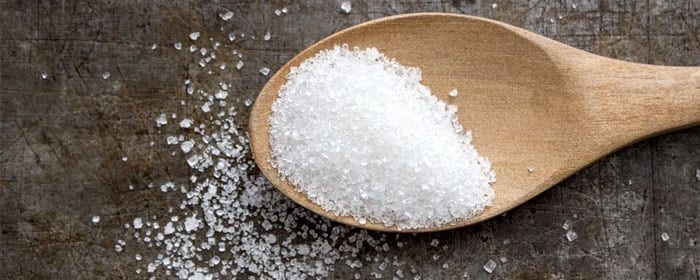Sugar is a simple carbohydrate the body processes and uses for energy. It is found in its natural form as fructose in fruit and as lactose in dairy products. Yet, chemically-produced sugar is also added to certain processed foods to produce a different flavor. The way our bodies metabolizes sugar depends on the type and the amount we consume.
Controlling the intake of all forms of sugar is critically important for individuals with diabetes and pre-diabetes, as having any form of the disease means you have too much glucose in your blood. Failure to control blood sugar could lead to complications like eye damage, foot damage, and skin conditions in diabetes sufferers. Worse yet, some complications, such as cardiovascular disease, could even be life-threatening.
An estimated 9% of the U.S. population has diabetes and must therefore actively control their sugar intake. Yet, here’s a staggering fact to consider: more than a third of U.S. adults aged 18 or older have prediabetes, which suggests our ability to limit sugar intake – especially the type found in processed food – must improve.
Beyond Diabetes
The prevalence of type 2 diabetes is increasing dramatically, but there are also other reasons for populations as a whole to begin watching their sugar intake. Excess sugar is linked to fatty liver disease, heart disease, and high cholesterol. It can also have deadly consequences: research shows individuals who consumed 25% or more of their daily calories as sugar were more than two times as likely to die from heart disease than those whose diets had less than 10% added sugar.
Added sugars have no nutritional value; yet, they make up at least 10% of the calories average U.S. individuals consume daily. In fact, the average person consumes more than 126 grams of the sweet stuff each day, which is more than twice the daily recommendation of 50 grams set forth by the World Health Organization. Thus, in order to avoid the scary health risks discussed above, it’s critical for the majority of the population to start slashing sugar levels.
How to Reduce Sugar Intake
One barrier to controlling sugar intake is the fact that the habit is particularly hard to kick. Once we begin consuming sugar regularly, we are hardwired to continue craving it. While it might not have addictive properties per se, research shows that consuming sugar releases dopamine and impacts the same region of the brain as cocaine and heroin.
Luckily, there are effective ways to slowly reduce your sugar intake. For many individuals, sodas are the primary source of added sugars. Switching to seltzer water with fresh fruit can aid in significantly lowering processed sugar intake. For others, processed foods are the worst offenders. Be wary of low-fat processed foods, which often contain added sugars to improve flavor. Regularly choosing fruit when you’re craving something sweet can help provide your body with nutrients instead of empty calories, and may help you avoid the potentially serious effects of sugar over a long-term basis.


 St. Petersburg, Florida
St. Petersburg, Florida
